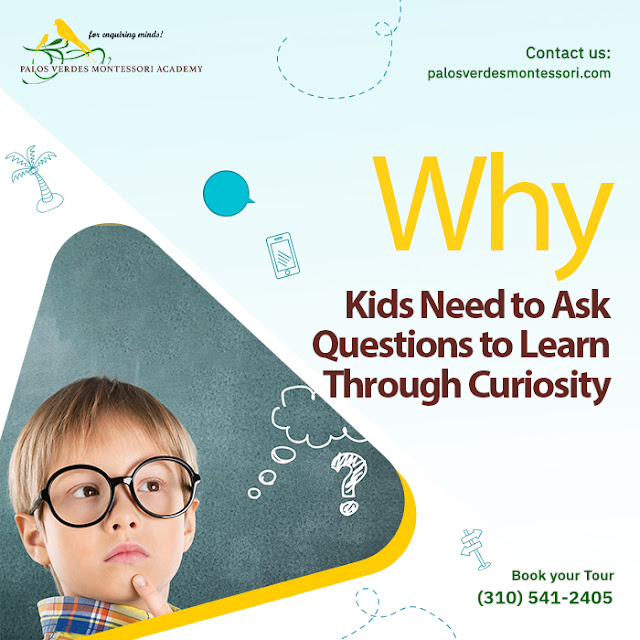Why Kids Need to Ask Questions to Learn Through Curiosity
Inquisitive minds are like sponges, absorbing information via questions. At DayCare Rolling Hills Estates, CA, we know that curiosity plays a vital role in the child's development. Asking questions helps to generate curiosity, critical thinking, and deep learning. In this introduction, we explore how inquiry is the basis for the learning and development of children.
How does it influence children?
Stimulates Critical Thinking: When children ask questions they are therefore in action of their brains. Instead of just memorizing the facts without understanding them, they are processing, analyzing, and trying to understand them. This process of critical thinking, therefore, is crucial for solving problems and making decisions later in life.
Encourages Exploration: Questions are like keys that open doors to unexplored universes. They encourage kids to look beyond the surface and to dive deeper into subject matters that spark their curiosity. Whether it is related to the dinosaurs, outer space, or the way plants grow, curiosity-based questions are the main driving force that makes the kids delve into finding answers to their questions and expand their knowledge.
Fosters Creativity: Curiosity is the candle that lights up the imagination. When children wonder, they're not only looking for information, they're also contemplating even the unthinkable. They are learning how to think out of the box, make connections, and be creative. This generation of knowledge is crucial for innovation and problem-solving in different fields.
Builds Confidence: When kids ask questions and receive satisfactory responses, it promotes their self-assurance. They have a sense of control through their pursuit of wisdom and the knowledge of the world around them. This certainty not only makes them eager for education but also equips them with resiliency to face challenges.
Strengthens Communication Skills: Questioning is the basic ingredient of communication. It teaches children how to say what they think express their ideas and participate actively in conversations. These interaction skills are crucial not just in academic settings but also in their personal and professional affairs.
Fosters Lifelong Learning: Curiosity is my long-term partner. When children are taught to question and find the answers, they build a habit of continuous learning. They comprehend that information is not a fixed entity, as it evolves incessantly and there is always something new to discover. This self-learning mindset is a secret key to prosperity and happiness in adulthood.
Deepens Understanding: Through questions, children build relations between what they have learned and what they don't know yet. Students can use this way to fill in the blanks in their understanding, clear any concepts, and expand their knowledge. This is the process of active participation which consequently improves recall and understanding making the learning process more enjoyable and worthwhile.
Conclusion:
We recognize the essential role of curiosity in kids at Palos Verdes Montessori Academy & DayCare Rolling Hills Estates, CA. Through inspiring them to ask questions, we create a generation of people who can be thinkers, problem solvers, and lifelong learners. Let's cultivate their curiosity and see them blossom.


Comments
Post a Comment